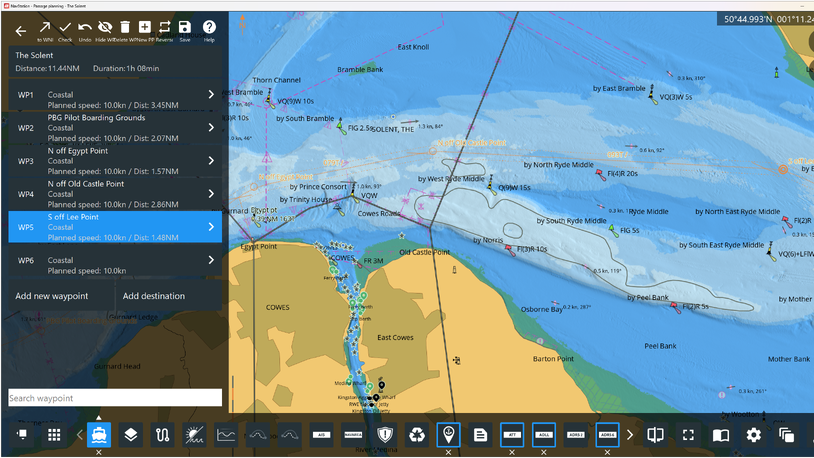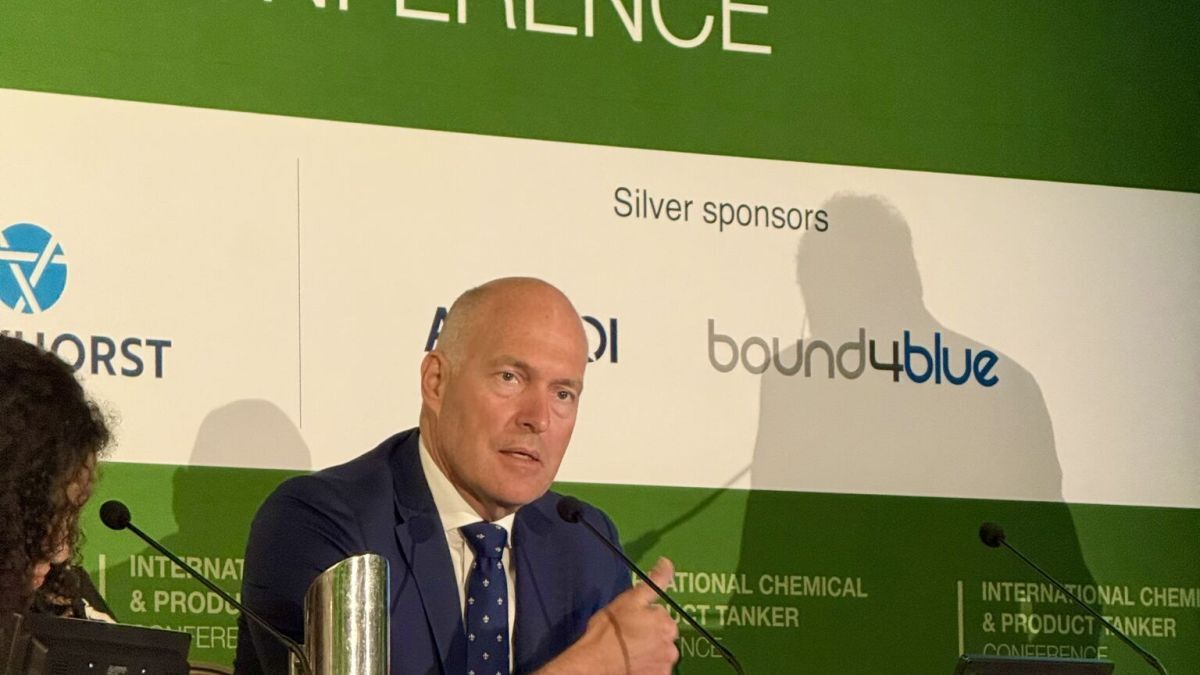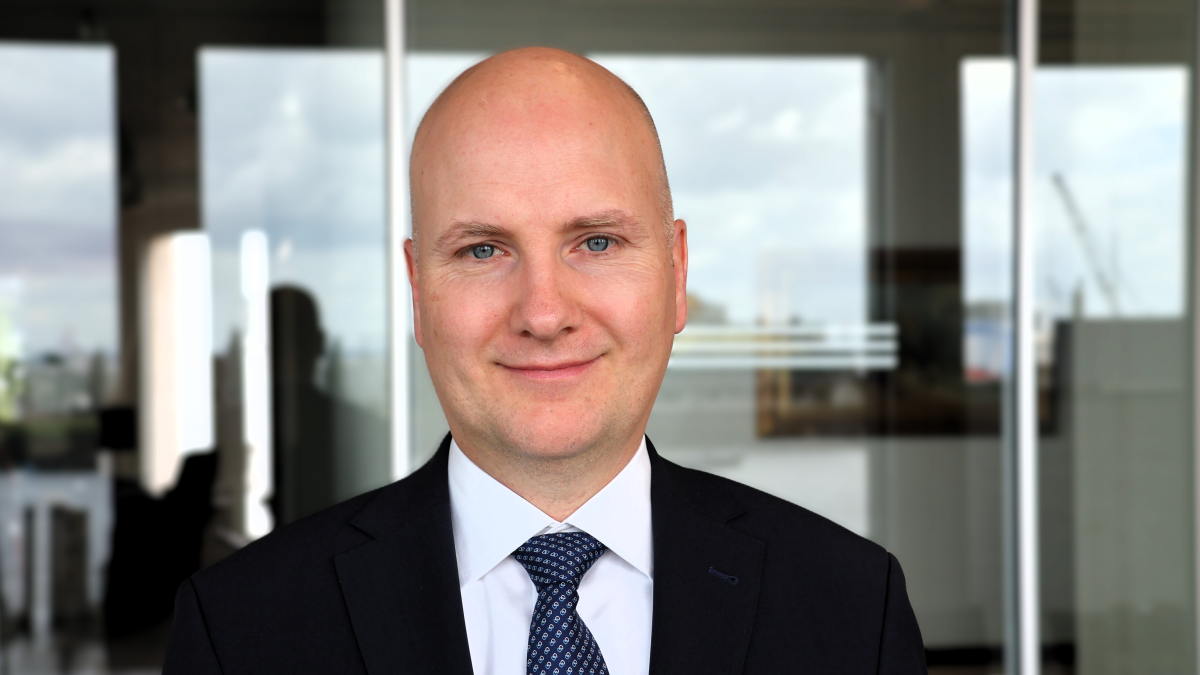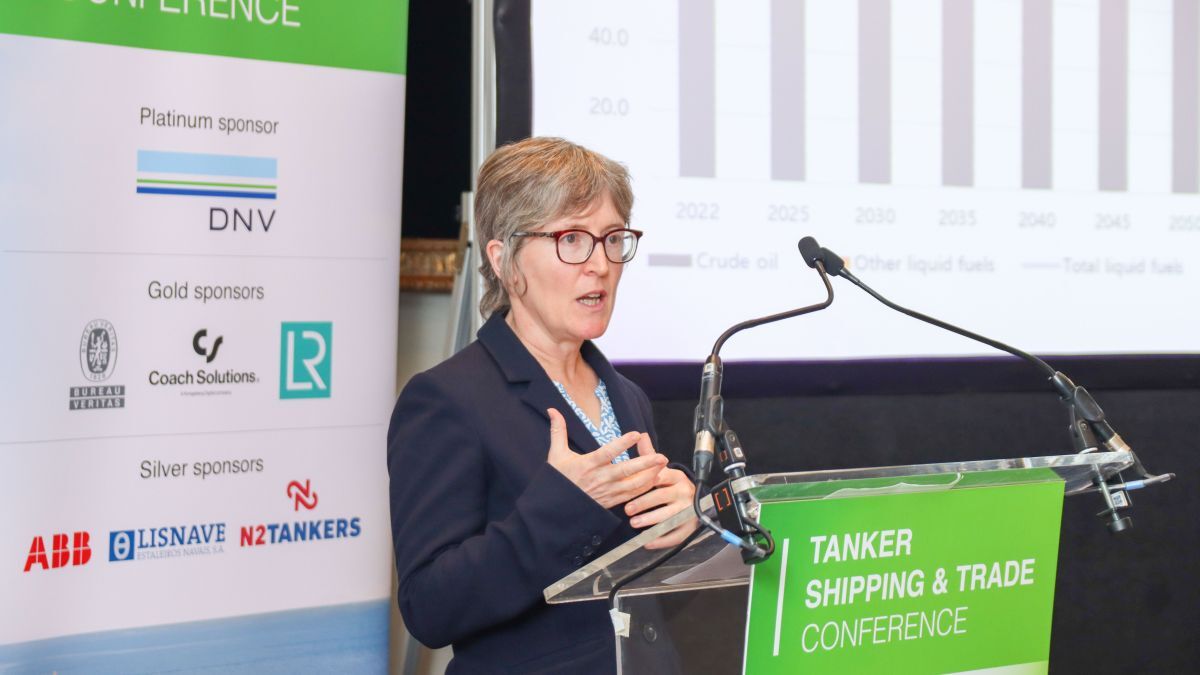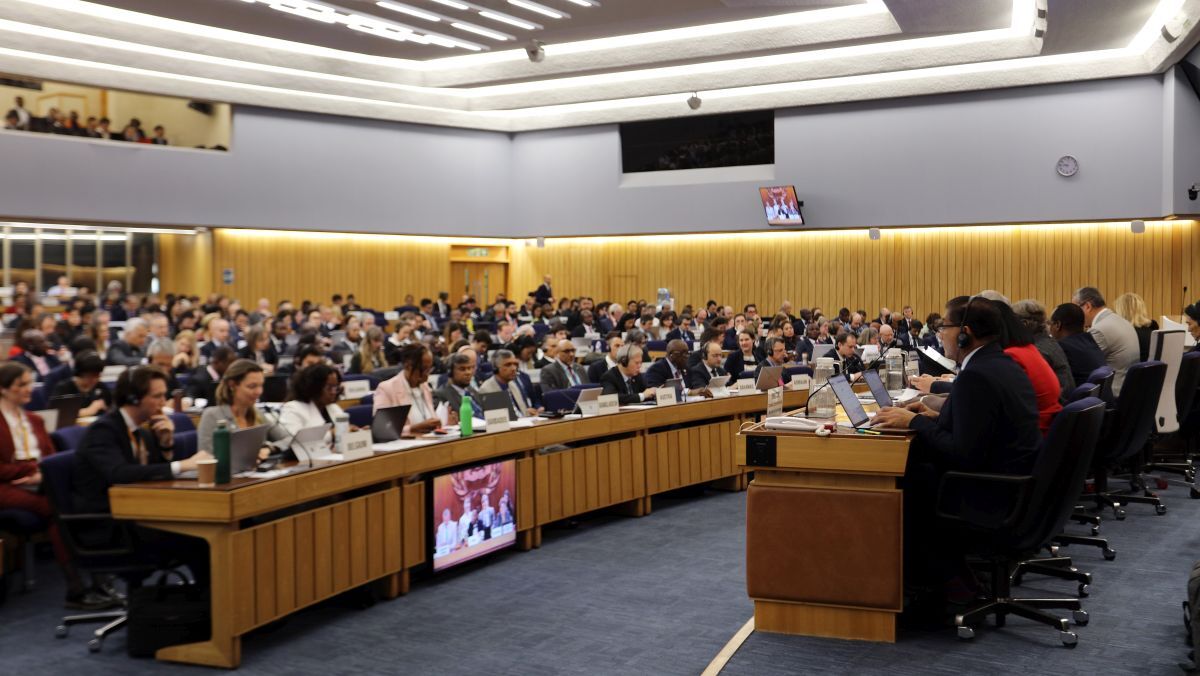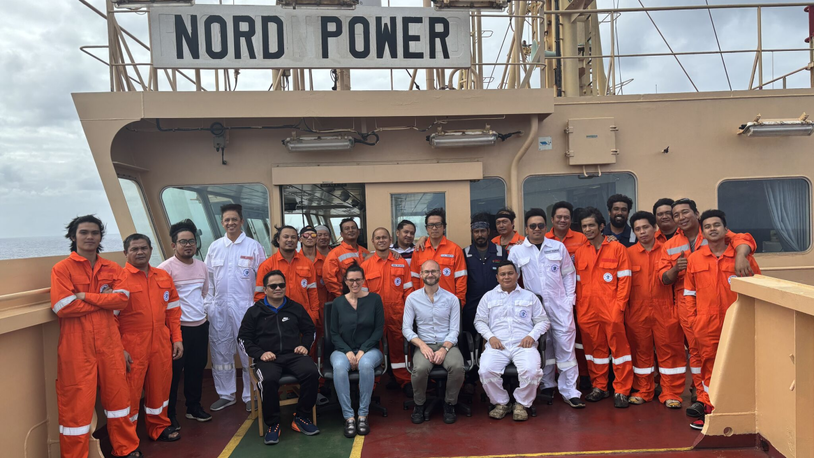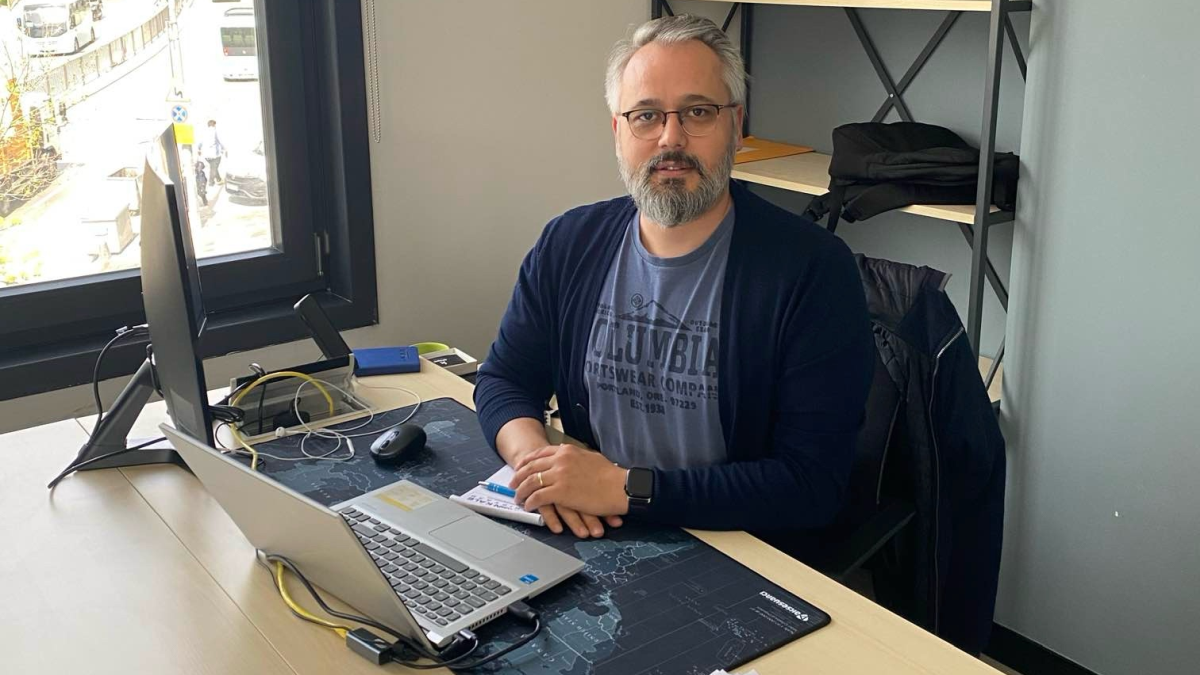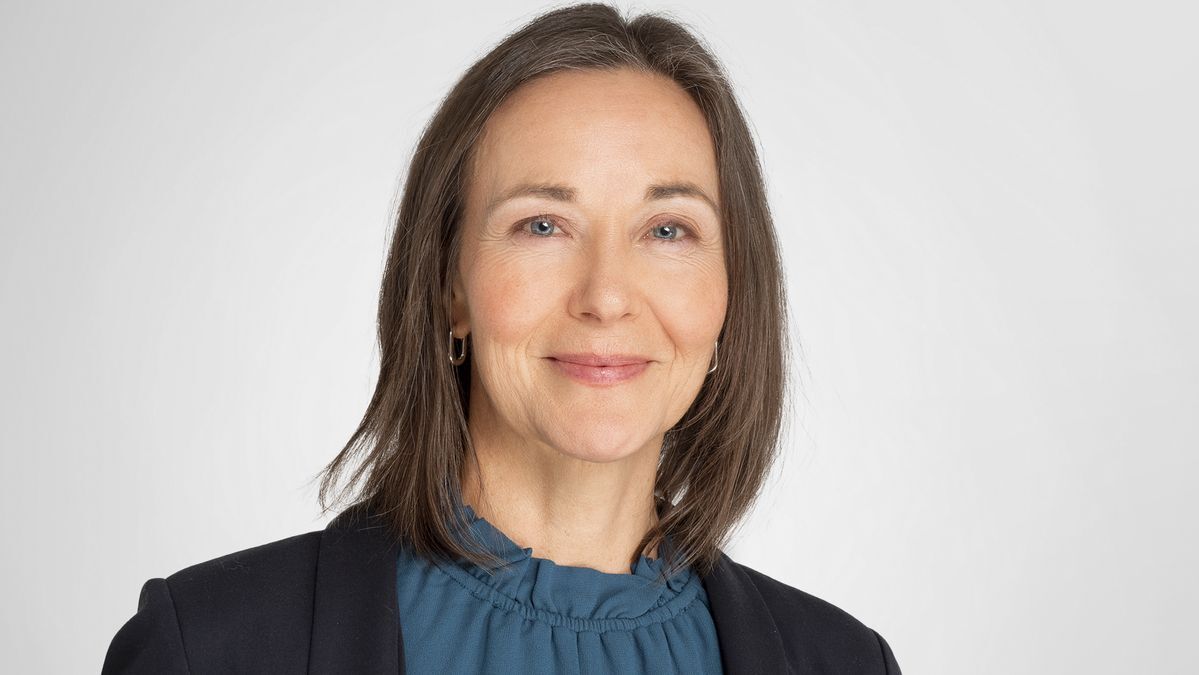Business Sectors
Events
Contents
Register to read more articles.
AET signs shipbuilding contracts for two ammonia dual-fuel Aframaxes
With a contract signed for two tankers to be built in China, ammonia as a marine fuel has reached a ’significant step’ in its uptake
Singapore-headquartered AET Tankers has commissioned Dalian Shipbuilding Industry Co, Ltd (DSIC), a subsidiary of China State Shipbuilding Corp, to build a pair of ammonia dual-fuel Aframax tankers.
The vessels are being called the "world’s first two ammonia dual-fuel Aframaxes" by AET’s Malaysia-based parent company MISC.
A statement on the contract from MISC said that its petroleum arm, AET, has entered into time charter agreements with Malaysian national oil company Petronas’ trading arm PETCO Trading Labuan Co Ltd (PTLCL).
At the signing of the time charter agreement, AET president and chief executive Zahid Osman said, “With today’s signings of the shipbuilding contracts with DSIC and the time charter party contracts with PTLCL for the world’s first two ammonia dual-fuel Aframaxes, we take concrete actions to deliver on our commitment as industry leaders to progress the decarbonisation of the shipping sector. The introduction of these two vessels will reduce the overall emissions from our operations while we deliver more energy for the world.”
MISC president and group chief executive Captain Rajalingam Subramaniam said, “Congratulations to AET and PTLCL for reaching a significant step of materialisation today since signing the memorandum of understanding (MoU) in February 2023. It is been made more meaningful, collaborating with PTLCL, a member of the Petronas Group.”
In the February 2023 MoU, AET and PTLCL agreed to explore a potential collaboration to deploy a future zero-emissions Aframax tanker.
At the time, AET global director VLCC and head of the decarbonisation unit, Captain John Baptist said, “This MoU marks a further positive step to advance AET and MISC Group’s 2030 and 2050 strategic decarbonisation aspirations for shipping, adding to the pair of zero-emissions ammonia-fuelled deepsea tanker vessels under the Castor Initiative and our collaboration with PTT for two zero-emissions Aframaxes.”
Both parties said at the time that they anticipated a vessel capable of running on ammonia would be delivered to PTLCL for long-term charters by 2026.
The concept of ammonia as a marine fuel is developing rapidly, with an ammonia marine fuel bunkering network having completed a successful ammonia ship-to-ship transfer trial off South Africa.
Riviera Maritime Media’s Marine Propulsion Webinar Week, held 7-10 May 2024, will assess the viability of ammonia, hydrogen, LNG, methanol, nuclear and biofuels as options to power the world fleet through to 2030 and beyond. Use this link for more information and to register for these webinars
Related to this Story
Women in Maritime Today: Elin Saltkjel says no day working in maritime is dull
Events
Maritime Environmental Protection Webinar Week
Cyber & Vessel Security Webinar Week
The illusion of safety: what we're getting wrong about crews, tech, and fatigue
Responsible Ship Recycling Forum 2025
© 2024 Riviera Maritime Media Ltd.

